At nine supply, you’re to put down your first pylon. A protoss gateway—what you need to actually make units besides probes—comes at 12. Keep making probes, too: When you hit 14 supply, that’s when you drop the assimilator. Wolf Schröder has followed this progression a thousand times as a StarCraft 2 caster for South Korea’s biggest broadcast and league. A one-versus-one game of base management and army building, StarCraft 2 is much different than developer Blizzard Entertainment’s new six-on-six shooter, Overwatch. But now Schröder is one of many who made their names in StarCraft and are now flocking to the new esports title.
In October, the Korean Esports Association (KeSPA) pulled its investment in the game, ceasing support for its sponsored teams and ending the StarCraft Proleague. There just wasn’t much StarCraft 2 left in South Korea—or anywhere in the world. With Overwatch on the up and up, many of those former StarCraft 2 professionals are flocking to Blizzard’s new game, despite their distinct differences.
“There are tons of other StarCraft 2 pros rumored to be playing Overwatch, trying to go pro” – Schröder
Schröder’s been a fixture in Korean StarCraft 2 since the game’s start. A professional career as a StarCraft 2 player was not in the cards—he never made it to the top of competitive play—but Schröder’s proclivity for game information led him to a casting gig at the highest level: South Korea’s Global StarCraft 2 League. An international caster living in South Korea, Schröder’s knowledge of the international StarCraft 2 scene was unparalleled. Schröder rode the rise and fall of StarCraft 2 in Korea, but is now looking to make his name elsewhere: Overwatch.
“It’s definitely sad to have to leave StarCraft 2 behind, but since I was already interested in Overwatch, the move makes sense,” Schröder said.
And he’s not the only one. Personalities, players, and organizations are investing major time, energy, and money into Blizzard’s growing Overwatch esports team. With that sort of investment, Overwatch’s growth is inevitable, Schröder said. South Korean cable television channel OnGameNet is the first big organization to capitalize on Overwatch’s popularity, sparking the OGN Overwatch APEX tournament in October to showcase the South Korean scene—and four invited international teams—with a consistent tournament schedule.
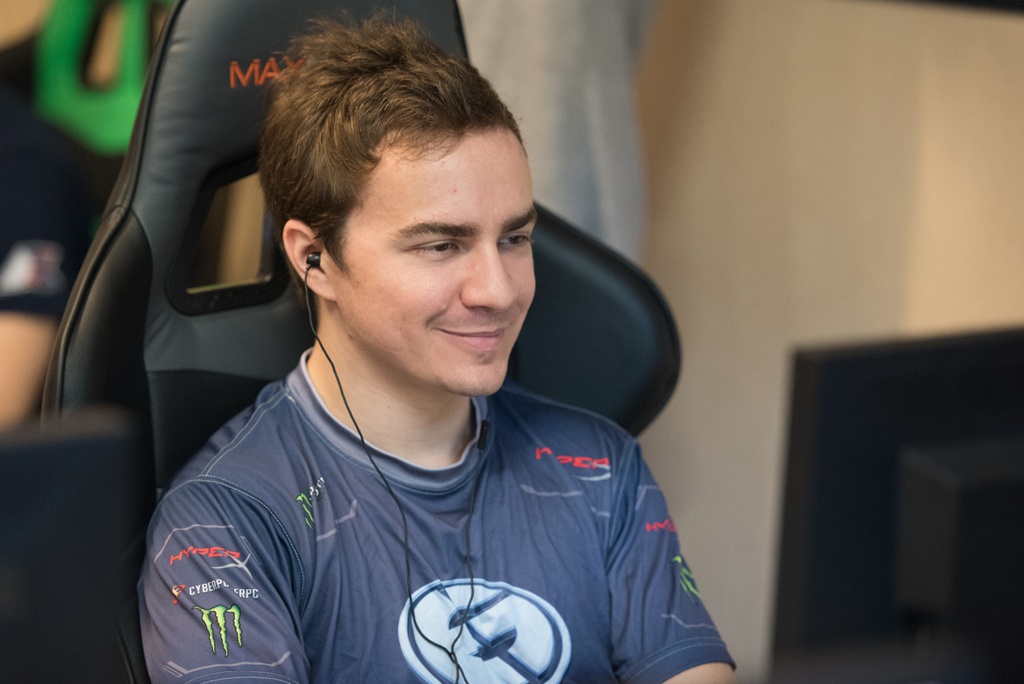
Some former StarCraft 2 folks are looking to fill a void in their profession careers, though not all of them. “I think hardcore StarCraft fans won’t switch over, nor will most of [the game’s] personalities,” Schröder said. “That being said, some personalities have switched.”
Chris “HuK” Loranger, formerly of Evil Geniuses, is one of them. A former StarCraft 2 pro, HuK is stepping into casting and analysis in Overwatch. Daniel “Fenn3r” Fenner is a former StarCraft 2 player who’s made the switch, too. Though he’s not signed to a professional team, Fenn3r has a big following on Twitch.
“There are tons of other StarCraft 2 pros rumored to be playing Overwatch, trying to go pro,” Schröder said. “KeSPA dropped their sponsorship of StarCraft 2 teams which left quite a few mid-tier pros struggling to figure out what’s next for them. Many seem to be trying to turn to Overwatch.”
Like Kim “MyuNgSik” Myung-Sik, an accomplished StarCraft 2 pro who played for SK Telecom T1, StarCraft 2 pros are likely to see some strain in the switch: MyuNgSik’s Overwatch team, Team First Heroic, has already disbanded, leaving the player a free agent for now.
Schröder sees Overwatch’s success continuing in the wake of StarCraft 2 in South Korea, however. “Part of the reason StarCraft and League of Legends did well in Korea was because of their fanbases live locally,” Schröder said. “A sign that says ‘Haksal I love you’ in the crowd means so much. It means that even though this game is new, fans are coming out in droves.”
It’s aspirational for professional players to see fans supporting them; it’s a driving force in their dedication to the game. “StarCraft and League of Legends started that way too,” Schröder said. “Fans are a motivating factor for any aspiring progamer.”
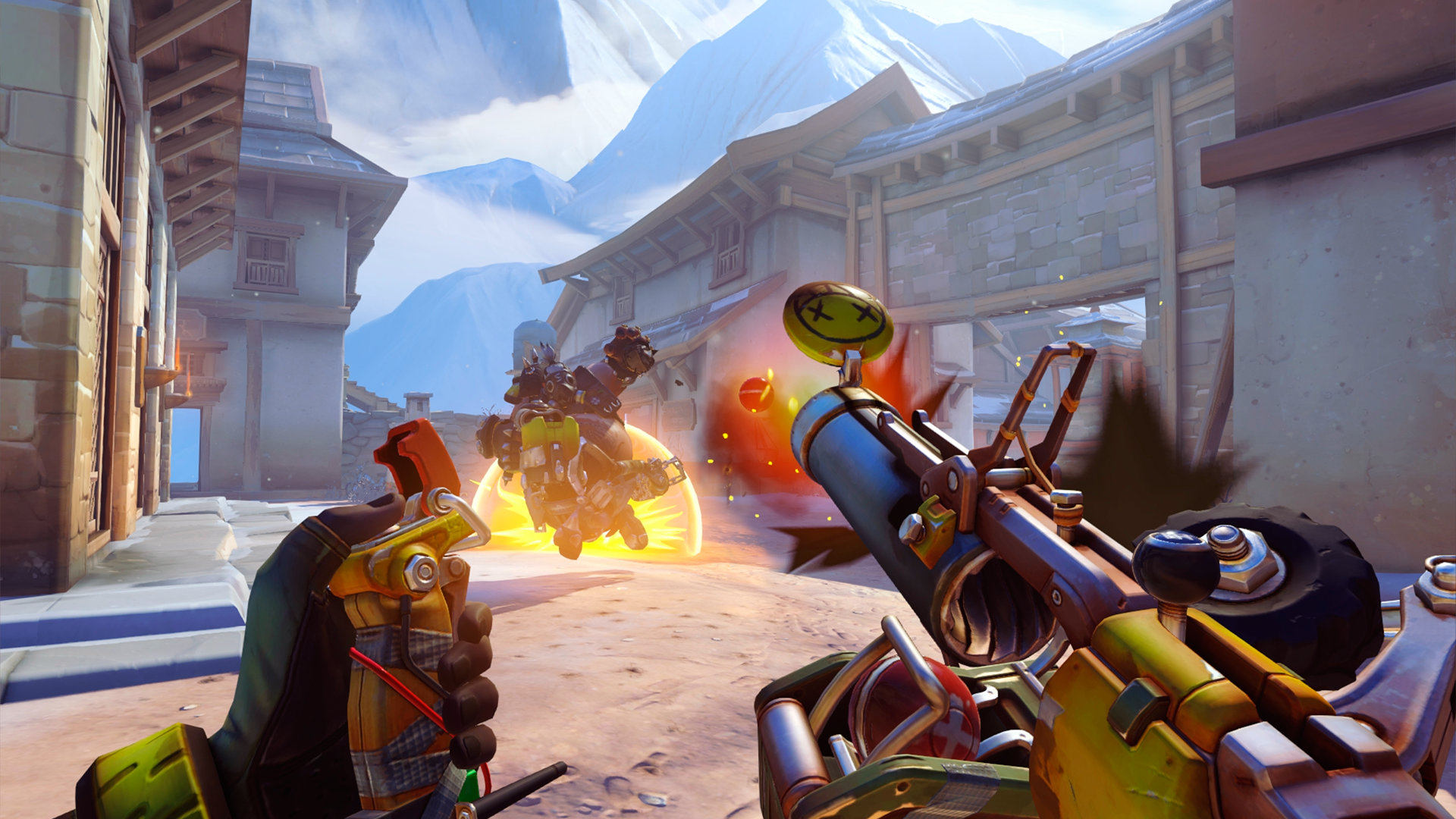
That motivation drives South Korean Overwatch players to practice harder than western teams. “No real shocker there,” Schröder said, “but as others have already pointed out, Korea’s top teams are not as successful as EnVyUs right now.” Whether or not that dominance will last depends on western dedication to Overwatch. Part of that means hiring coaches, Schröder added. And western Overwatch teams have been reluctant to hire coaches, according to Schröder. In Korea, it’s a tradition: “It’s hard to find success without one,” he said.
EnVyUs has taken note of that, hiring former Cloud9 player Kyle “KyKy” Souder as their temporary coach heading into OGN Overwatch APEX Season 2. It’s not something the team felt they needed before, but they’ve likely seen from their Korean colleagues the influence a coach can instill in a team. Though plenty of other western teams have Overwatch coaches, there are plenty who don’t. For Schröder, it stems from a lack of respect for coaches that aren’t as good at Overwatch as the team is. South Korean teams aren’t worried about that.
“Their coaches generally aren’t top ELO players or progamer level,” Schröder said. “But they’re coaches who have the experience to keep a six-man roster motivated, find their strengths and weaknesses.”
Teams that don’t have a coach will start to falter this year, Schröder said. “Maybe it doesn’t show now, but it will absolutely start to show going into 2017.” Raw talent is abundant, but that doesn’t necessarily ensure success. A good coach can harness that talent, guiding players through the complexities of esports in and out of the game.
Raw talent is abundant, but that doesn’t necessarily ensure success
Need for that kind of support will only increase as Overwatch League approaches. But until then, 12 South Korean teams, many of them with coaches, and four western teams, most of them without, are heading into OGN’s Overwatch APEX season two, which began on Jan. 17. Though we won’t be able to pinpoint success in season two directly to Overwatch coaches—or lack thereof—the trends on display are worth a second look.
Schröder hasn’t announced whether he’ll be casting during OGN Overwatch APEX Season 2—Christopher “MonteCristo” Mykles and Erik “DoA” Lonnquist have main casting duties there—but he’s promised to put a “big focus” on Overwatch in 2017.


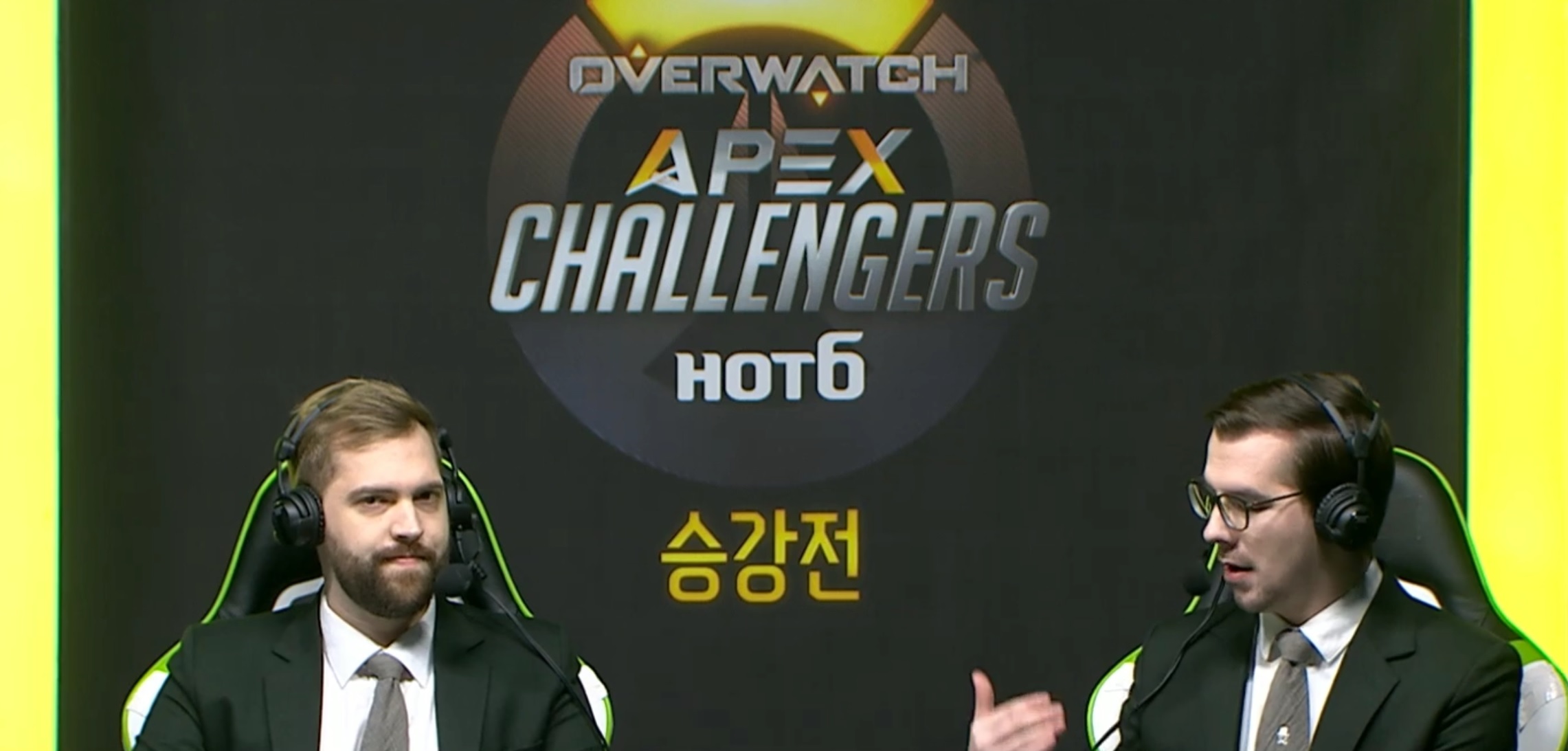
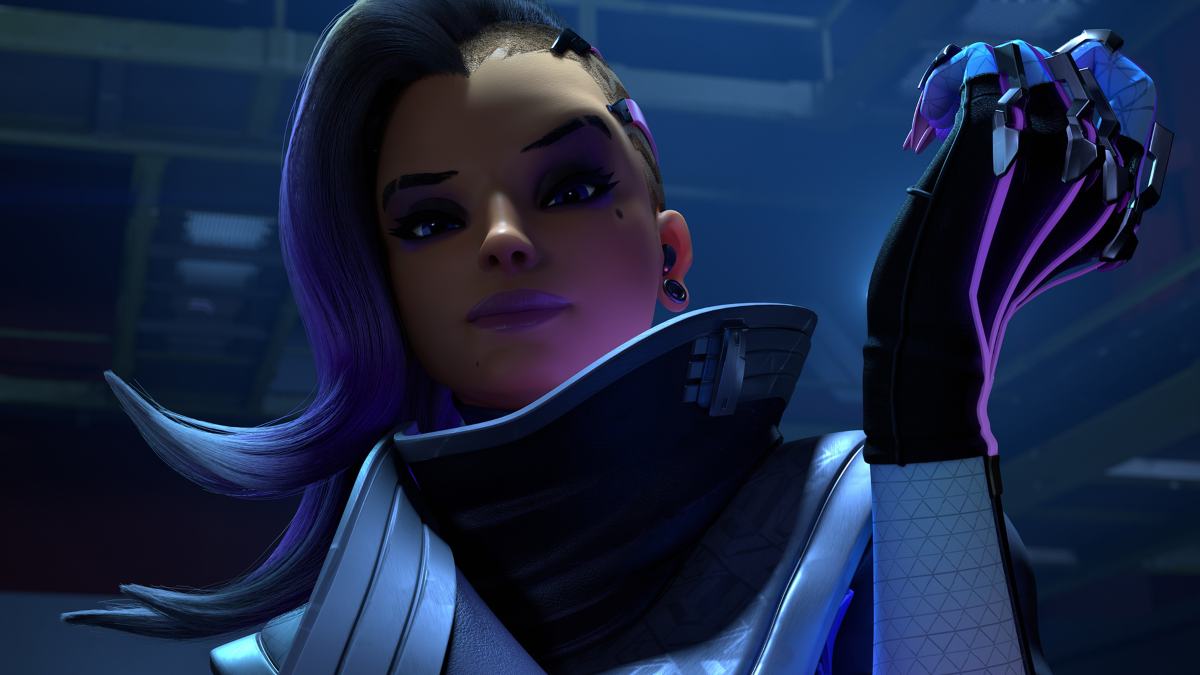
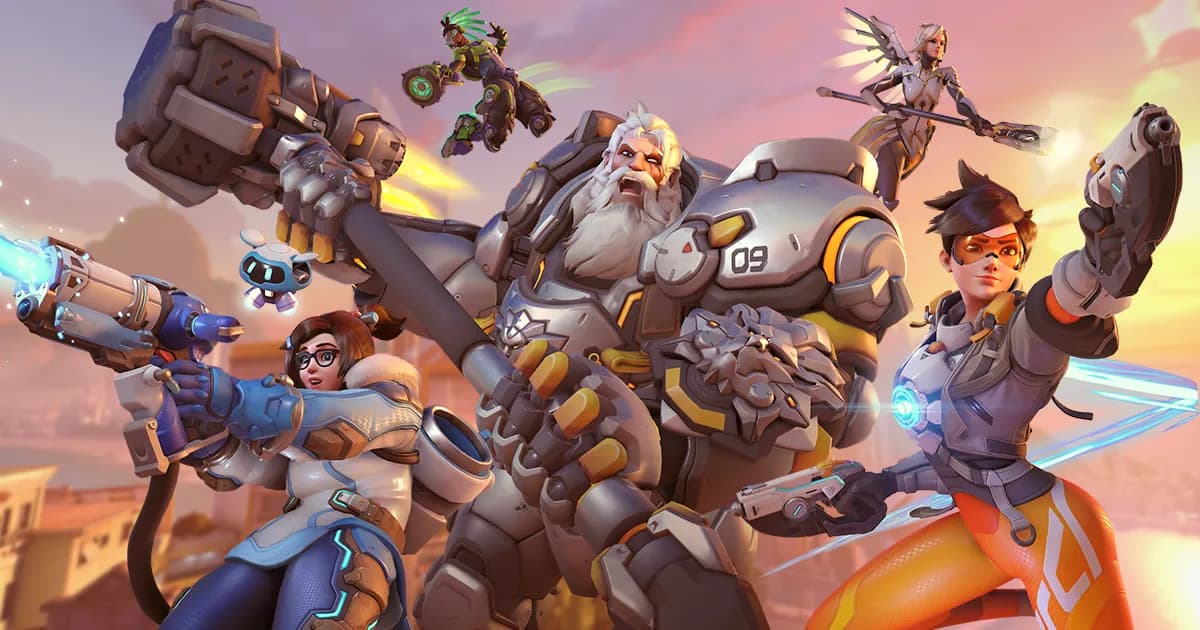
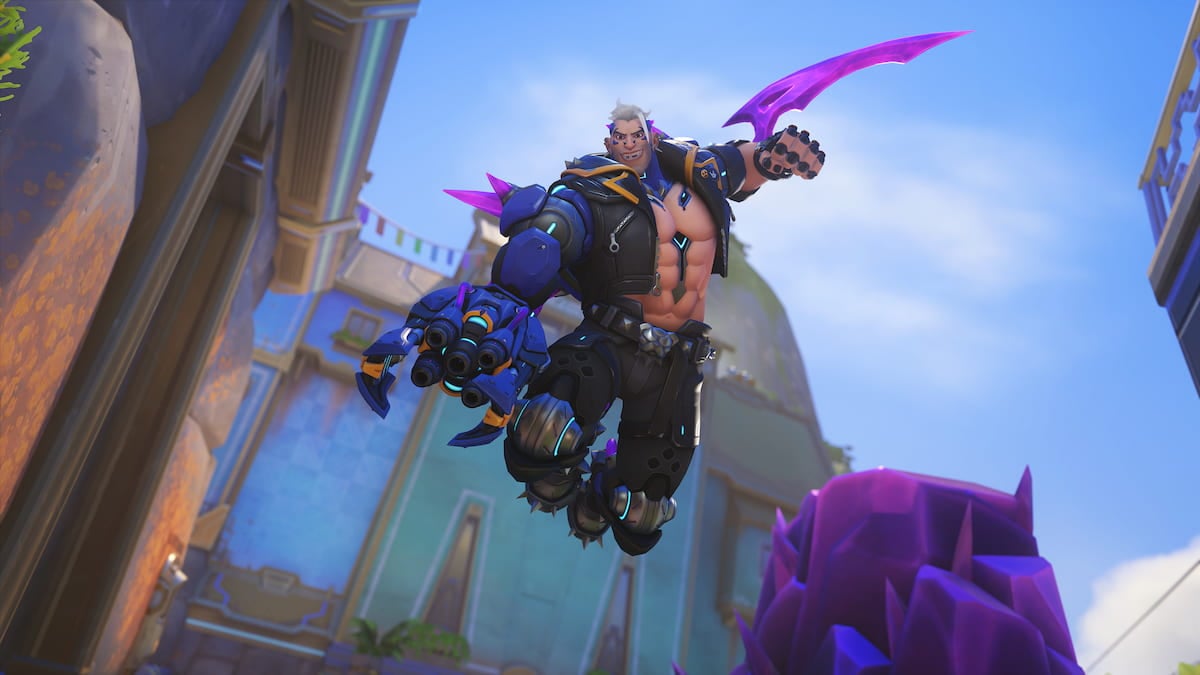
Published: Jan 17, 2017 02:56 pm